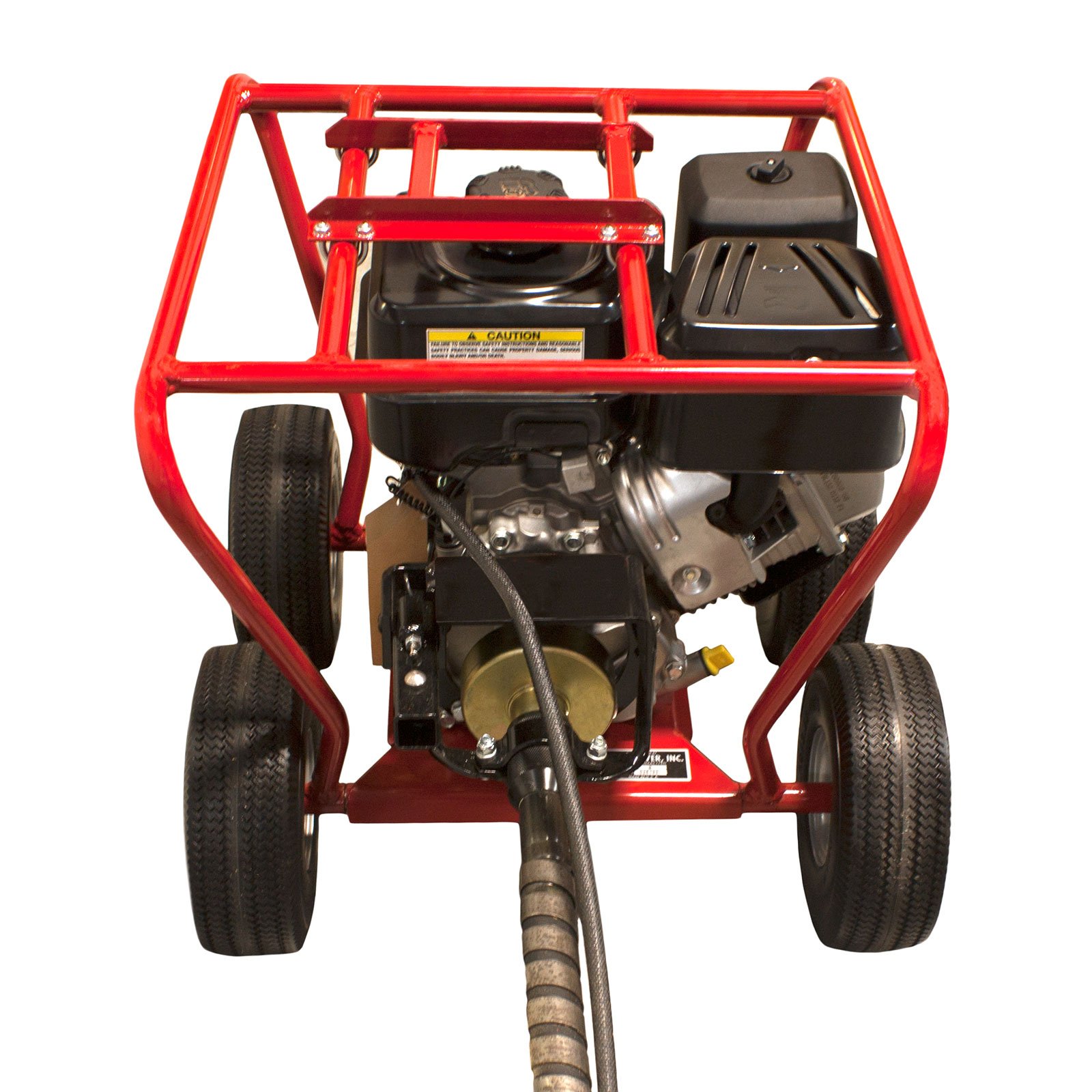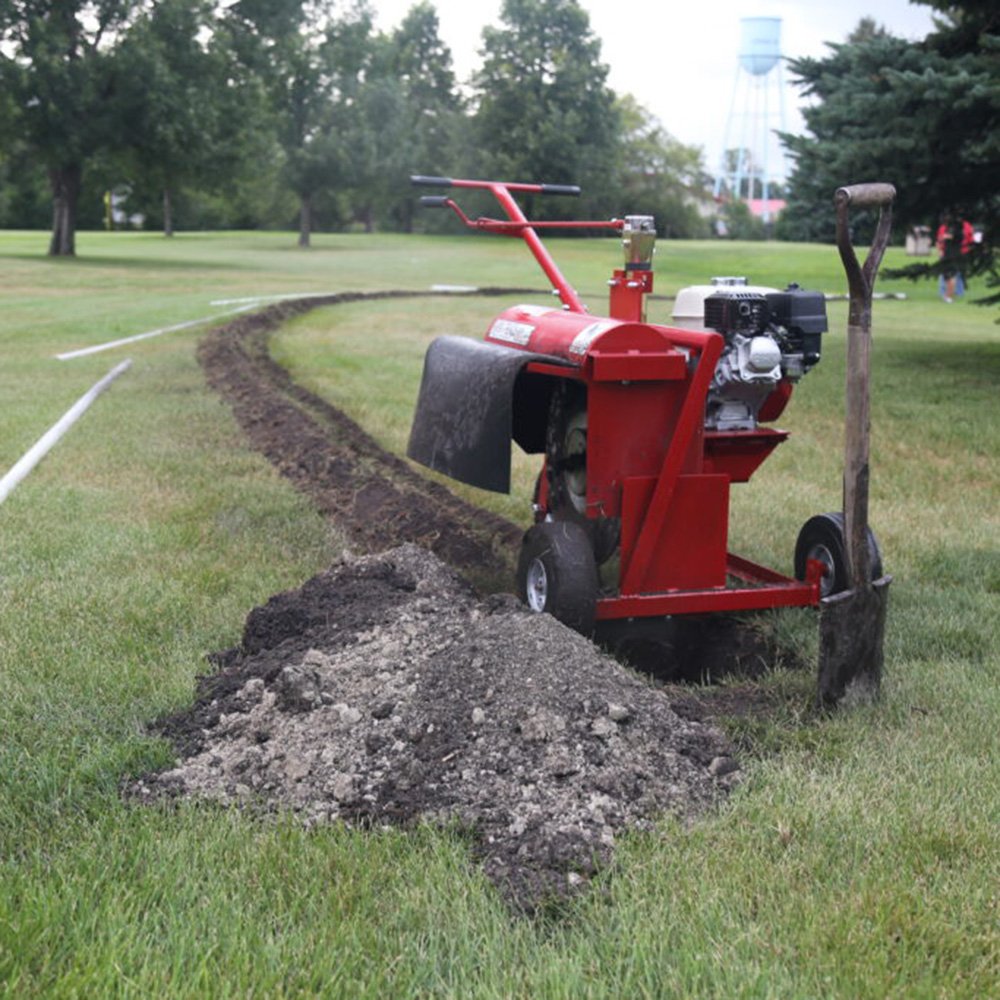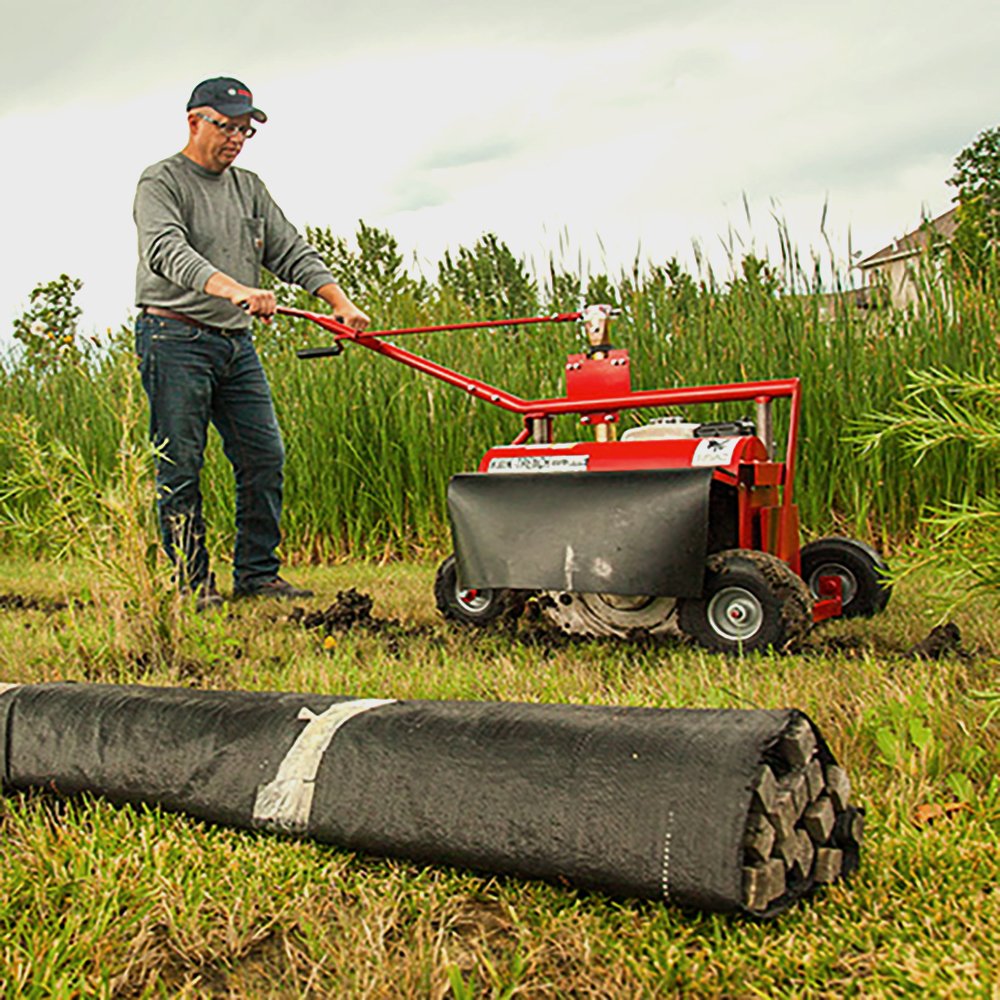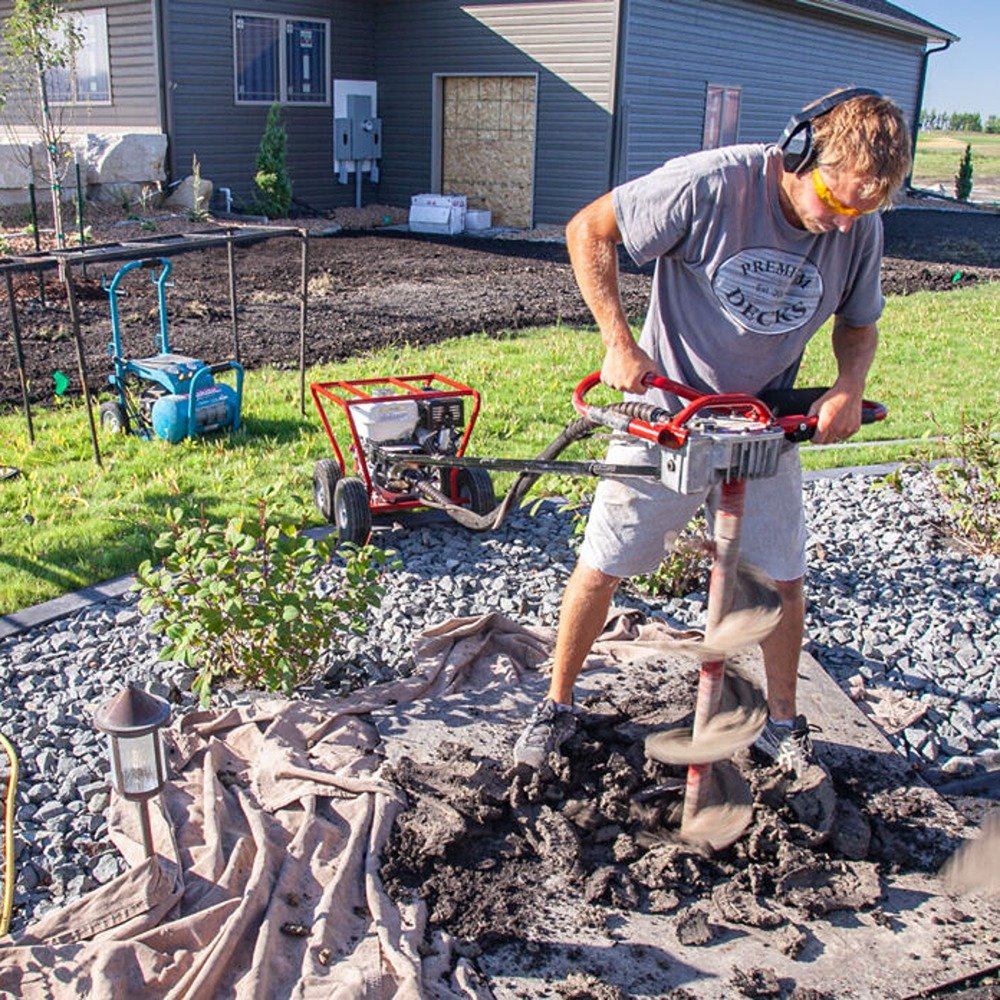Learn How Little Beaver Hydraulic Drills Work
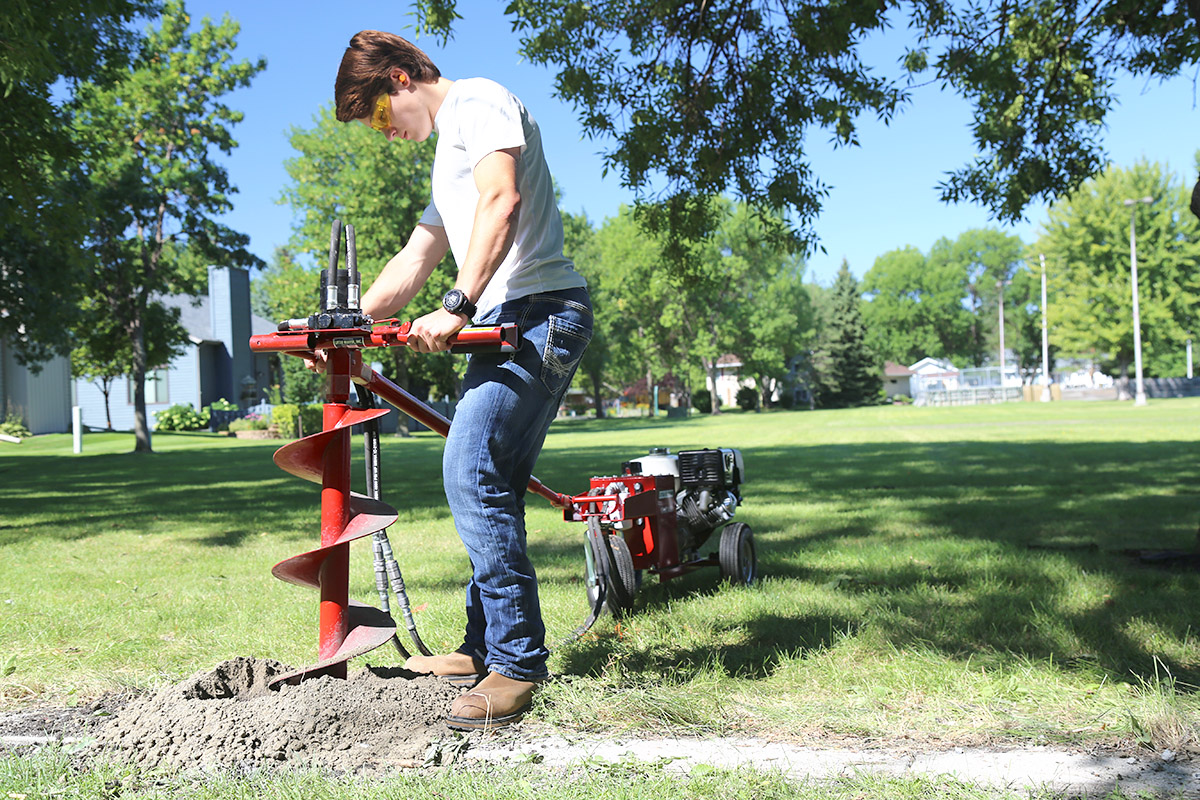
Why Choose Hydraulic Earth Drills?
A lot of people are on the fence about whether to use hydraulic or mechanical earth drills. A hydraulic drill has a durable body and higher torque than most mechanical options. Hydraulics is the way to go if you are looking for more power. The hydraulic types can also drive larger diameter augers, and there are extensions available for deeper drilling projects as well. Mechanical drills usually require more repairs while hydraulic don't require as many, which lowers the cost in the long run.
Hydraulic Pressure
Hydraulic pressure refers to the pressure exerted by the fluid on a surface or structure. In the context of earth drills, the force the fluid creates drives the drills auger forward. Little Beaver hydraulic earth drills can generate pressure ranging from 2,500 to 2,700 pounds per square inch with operating speeds of up to 150 repetitions per minute. These drills have a pressure relief valve that reduces the risk of the hydraulic power exceeding the maximum pressure the earth drill is built to withstand. The pressure relief valve responds actively to the hydraulic pressure and will feed the excess flow from the system back into the tank. This safety valve protects against damaged equipment, disrupted work, and injury that can occur from the hydraulic pressure being too high.
Increasing Safety With Hydraulic Earth Drills
Little Beaver hydraulic earth drills improve safety by using a torque tube. The torque tube eliminates kickback and allows for safe one-person drilling without cutting down the power. Two-person handles are optional as well. This handle is recommended for drilling boreholes between 10-16 inches in diameter, where two people can steady the auger more efficiently. Two people may be required to lift heavier, bigger augers out of the ground.
Everyone should take a few basic safety precautions when starting a drilling project. Be sure there are no bystanders in the area before starting. This will prevent injury to unsuspecting people. Never run the engine inside a building or enclosed space. The carbon monoxide in exhaust fumes can be fatal. Always contact the local utility companies before drilling to determine the exact location of underground services. Severing a fiber optic or telephone line is the last thing that anyone wants to do. Rupturing gas or water lines can cause serious injury and can cost a fortune to fix. Local utility companies generally require 48 hours in advance to mark the positions of the underground infrastructure.
If you have any questions about the safety or just general questions about Little Beaver Earth drills, do not hesitate to contact one of our helpful professionals. We are here to help!
Contact Us

